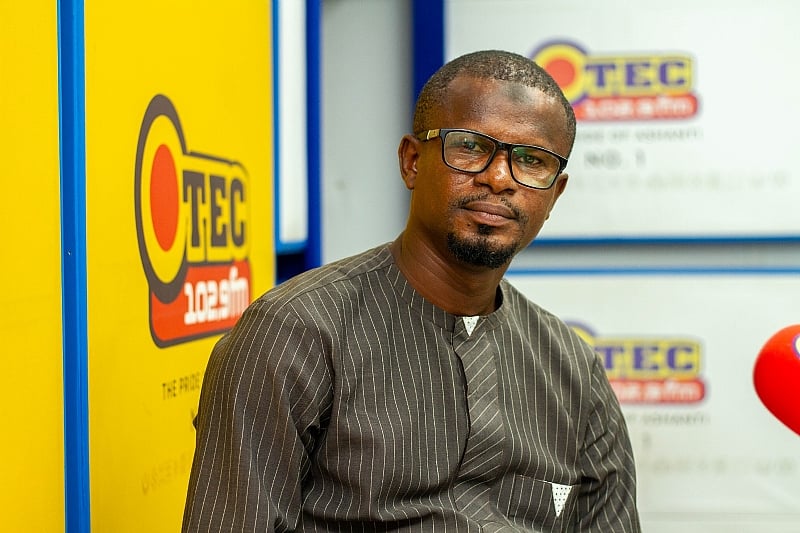The Ashanti Regional Secretary of the Convention Peoples Party (CPP), Alhaji Abdul Salam Issah, has voiced his concerns regarding the government’s proposed plan to implement free academic user fees for first-year tertiary students. He argues that the government should redirect the allocated funds towards addressing more pressing needs within the education sector, particularly at the primary and junior high school levels. Alhaji Issah believes that focusing on the foundation of education, rather than subsidizing tertiary education, would yield more impactful results. He cites the existing challenges faced by the Free Senior High School (Free SHS) policy, particularly regarding feeding programs, as an example of the potential pitfalls of implementing large-scale free education initiatives without adequate planning and resource allocation.
Alhaji Issah’s primary concern revolves around the financial feasibility of the proposed free tertiary education policy. Given the current economic climate and the acknowledged financial constraints facing the nation, he questions the government’s ability to sustain such a program in the long term. He highlights the potential for an unsustainable situation where students, after benefiting from free tuition in their first year, may struggle to afford subsequent years, leading to potential dropouts and a waste of initial investment. He emphasizes the importance of prioritizing basic education, arguing that ensuring access and quality at the primary and junior high school levels is essential for creating a solid educational foundation for future generations.
Alhaji Issah’s argument centers on the idea that redirecting funds towards strengthening the foundation of the educational system, namely the primary and junior high school levels, would be more beneficial than providing free tertiary education. He contends that these lower levels of education are critical for building fundamental literacy and numeracy skills, which serve as the building blocks for further academic pursuits. By investing in improving the quality and accessibility of education at these early stages, the government can ensure that students are better equipped to succeed throughout their educational journey, including tertiary education. He stresses that a strong foundation is crucial for the overall development of a well-rounded and educated populace.
Furthermore, Alhaji Issah raises the issue of equitable distribution of resources within the education sector. He posits that focusing on free tertiary education primarily benefits a smaller segment of the population, while neglecting the needs of a larger group of students at the primary and junior high school levels. He argues that investing in basic education would provide greater opportunities for a wider range of students, particularly those from disadvantaged backgrounds who may not have the means to pursue higher education. By prioritizing primary and junior high school education, the government can create a more equitable and inclusive educational system that benefits all students, regardless of their socioeconomic status.
The CPP secretary also points to the current struggles of the Free SHS program, specifically the challenges associated with providing adequate and consistent nutrition through the feeding program, as evidence of the potential difficulties associated with implementing large-scale, free education initiatives. He expresses concern that the proposed free tertiary education policy could face similar challenges, potentially leading to an unsustainable program that ultimately fails to achieve its intended objectives. He argues that learning from the experiences and challenges of the Free SHS program is crucial in developing a more effective and sustainable approach to providing free education at any level.
In conclusion, Alhaji Abdul Salam Issah advocates for a more strategic approach to educational investment. He urges the government to prioritize strengthening the foundation of the educational system by allocating resources towards improving primary and junior high school education. He believes that this approach would yield more significant long-term benefits than implementing free tertiary education, which he views as potentially unsustainable given the current economic realities and the existing challenges within the education sector. By focusing on the fundamentals of education, Alhaji Issah argues, the government can create a more equitable, sustainable, and effective educational system that benefits all students and contributes to the overall development of the nation.


